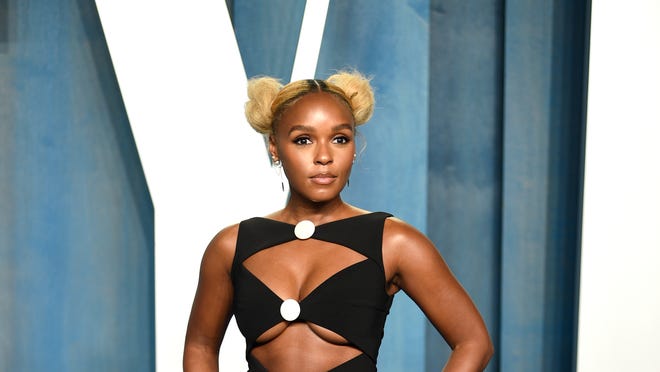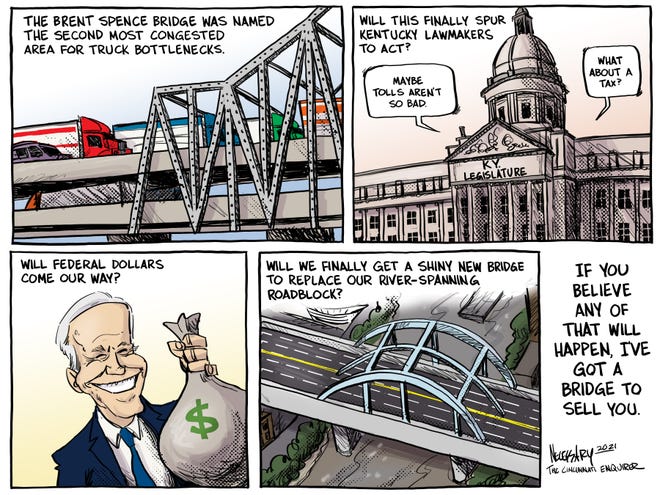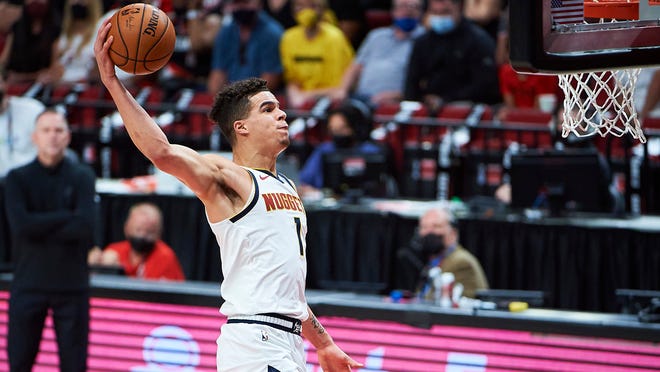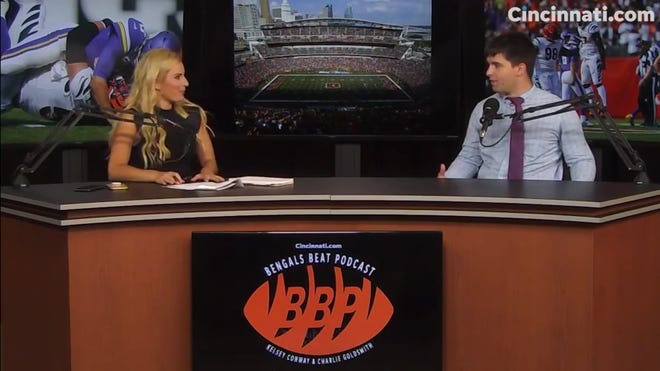
Despite increases in visibility and public understanding, LGBTQ individuals are at an increased risk for discrimination, according to GLAAD's Accelerating Acceptance study, out Wednesday.
GLAAD found that 70% of LGBTQ Americans surveyed said discrimination toward the community has increased within the last two years — in the workplace, on social media, in public accommodations and even within the family. The annual study measures “Americans’ attitudes and comfortability towards LGBTQ Americans.”
Sarah Kate Ellis, president and CEO of GLAAD, says the uptick isn’t surprising, given the recent wave of legislation targeting LGBTQ people. This spans areas such as classroom censorship, book bans, healthcare restrictions and access to school sports. In 2022 alone, nearly 250 anti-LGBTQ bills have been introduced in state legislatures across the country.
“You’re seeing a culture that’s being created that is incredibly unsafe for our community,” Ellis tells USA TODAY.
GLAAD ran two online studies for the Accelerating Acceptance report: one in February 2022, among a national sample of 2,536 U.S. adults, and another from April 28 to May 9, 2022, which included a national sample of 1,705 U.S. LGBTQ adults.
The data from the study gives LGBTQ people and their allies a moment to reflect on the current climate surrounding the LGBTQ community, as well as the underlying issues that have contributed to it.
Accelerating Acceptance 2021:More Americans understand LGBTQ people, but visibility has 'double-edged sword'
This is putting a shadow on Pride month:But there's good news
Anti-LGBTQ legislation, rhetoric create 'unsafe' culture for LGBTQ people
According to the study, seven in 10 LGBTQ Americans reported personally experiencing discrimination, which marks an 11% increase from last year and a 24% jump from 2020. Ellis credits this surge to the “barrage of anti-LGBTQ legislation year over year” and anti-LGBTQ rhetoric espoused by certain politicians and far-right news outlets.
For LGBTQ people of color, the issue of racial inequality compounds the stressors of rising LGBTQ discrimination. According to the study, LGBTQ people of color are 91% more likely to experience discrimination based on their race or ethnicity.
While it doesn’t come as a shock that “the most marginalized within our community are being hit the hardest when it comes to discrimination,” Ellis says this multilayered discrimination provides an opportunity for increased solidarity within the LGBTQ community.
“What we need to do, and what we need to continue to do as a community, is fight back,” Ellis says. “There’s power in our numbers and in coming together.”
School safety for LGBTQ families:Here's how to show support.
LGBTQ book sales soar:Led by titles 'They Both Die at the End' and 'Heartstopper'
Gen Z adults, trans and nonbinary people report more discrimination, feeling unsafe
Gen Z adults have more LGBTQ visibility than their predecessors. But they're also reporting higher levels of discrimination over the last two years compared to the rest of the community. Sixty-seven percent of queer Gen Zers have reported experiencing aggression based on their sexual orientation and 56% based on their gender identity or expression.
Ellis has previously called visibility a “double-edged” sword for the LGBTQ community, and this holds true for Gen Z adults, whose comfort in their LGBTQ identities makes them targets for ignorance. “Visibility is essential to growing acceptance, and it makes us more vulnerable to discrimination at the same time,” she says.
Amid this surge in LGBTQ discrimination, transgender and nonbinary people are grappling with an acute feeling of danger in their own backyards. GLAAD found that 54% of trans and nonbinary individuals don’t feel safe walking in their neighborhoods, in contrast with 36% of all LGBTQ adults. At least 14 trans people have been “fatally shot or killed by other violent means” in 2022, according to the Human Rights Campaign.
GLAAD also found that 78% of non-LGBTQ adults "inaccurately associate the term ‘LGBTQ’ with being mostly about sexual orientation,” and Ellis says this knowledge gap is part of the equation that leads to discrimination against trans and nonbinary individuals.
“It has a direct correlation because we know that what we don’t understand or know brings fear,” Ellis says, adding that visibility is an educational tool. “We know through research and studies that Americans do want to see more LGBTQ people because it helps them gain an understanding and an acceptance of our community, which we know creates a safe environment for us.”
'Love always wins':Gay fathers discuss joys and challenges of parenting in modern America
'We just keep having to fight':Lin-Manuel Miranda helps launch initiative for Latinx nonprofits
Pro-LGBTQ laws, societal representation offer potential solutions
While things may seem bleak, many queer people still find hope in the transformative power of visibility, as well as inclusive legislation.
Three-quarters of LGBTQ adults view societal visibility as being “essential to gaining increased equality and acceptance.” With regard to visibility in the media, 64% of LGBTQ adults said they “feel proud and supported when there is accurate LGBTQ inclusion in the media.”
Ellis says such queer-affirming imagery can serve as “a lifeline” for the LGBTQ community that helps “people learn who LGBTQ people are (and) who our community is made up of,” which promotes broader acceptance.
Although the law isn't always favorable to LGBTQ rights, 79% of LGBTQ people support an increase in federal legislative action as a safeguard against gender and sexuality-based discrimination. Ellis says having equal protection under the law is a precedent-setting move for achieving social equality.
"At the federal level, the only protections that we have are enshrined through the Supreme Court, which we are learning through the potential unraveling of Roe v. Wade that they do not exist in perpetuity and are fragile,” Ellis says.
“When you do protect a community, that moves the bar in acceptance," Ellis adds, citing the impact of legislating marriage equality in the U.S. “We are seeing now the highest rates of acceptance of marriage equality by non-LGBTQ people than we’ve ever seen before. It helps move hearts and minds over time.”
10 new LGBTQ books for Pride Month:'I Kissed Shara Wheeler,' 'Queer Ducks,' 'Fire Island'
'I exhaled for the first time':'Queer as Folk' reboot cast spills on warm behind-the-scenes energy
Source link








